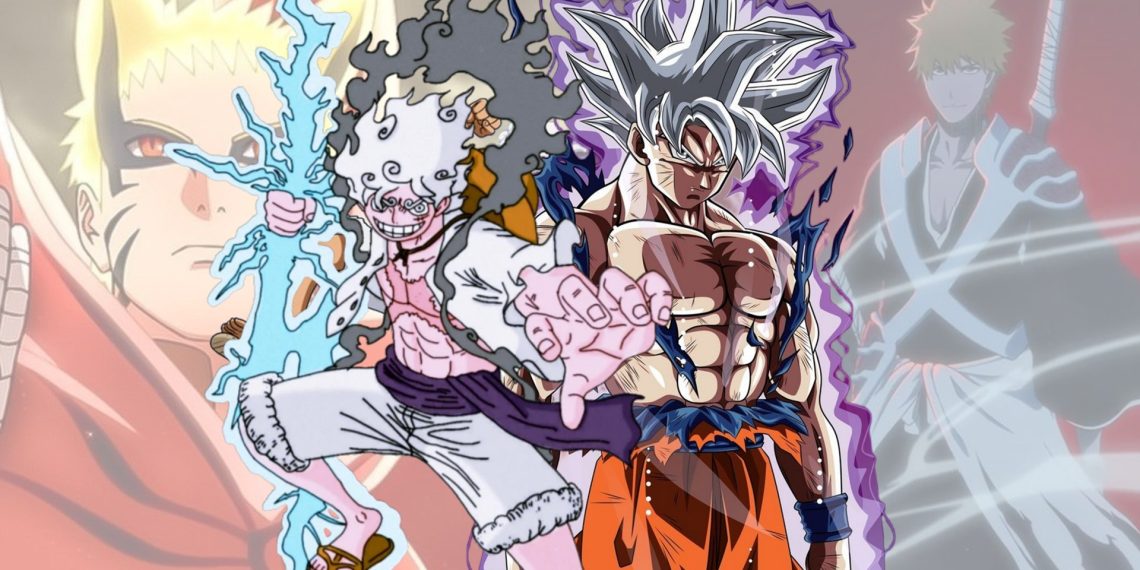While anime offers a vast array of genres and stories, the industry’s control is increasingly centralized. A few major corporations hold significant sway over what gets produced and distributed globally. This consolidation has led to concerns about the diversity of content and the potential suppression of unique voices.
Sony’s acquisition of Crunchyroll and its stake in Kadokawa exemplify this trend. By owning both production and distribution channels, Sony can influence which anime series receive funding and global exposure. This vertical integration allows for streamlined operations but also raises questions about market competition and content variety.
Influence on Global Fandoms and Market Trends

The dominance of a few companies extends beyond production into shaping global fandoms. By controlling distribution platforms, these corporations can promote specific genres or series, potentially sidelining less mainstream works. This practice can lead to homogenized content, limiting the diversity that has been a hallmark of anime.
Moreover, the emphasis on profitability may drive companies to prioritize projects with mass appeal, neglecting niche stories that contribute to the richness of the medium. As these entities expand their influence, the risk of manipulating fan preferences to align with corporate interests becomes a pressing concern.
The Role of Production Committees

In Japan, the production committee system involves multiple stakeholders collaborating to fund and produce anime. While this approach spreads financial risk, it also means that a small group of companies can determine which projects move forward. This concentration of decision-making power can stifle innovation and limit opportunities for emerging creators.
As the anime industry continues to globalize, the influence of these dominant players is likely to grow. While their investments have facilitated the medium’s international reach, it’s essential to remain vigilant about the potential drawbacks of such consolidation. Ensuring a balance between corporate interests and creative freedom is crucial for the future of anime.
The concept of an “Anime Cartel” highlights the increasing control a few companies have over the industry. This centralization poses challenges to content diversity and creative expression. As fans and stakeholders, advocating for transparency and supporting independent creators can help maintain the rich of stories that define anime.




